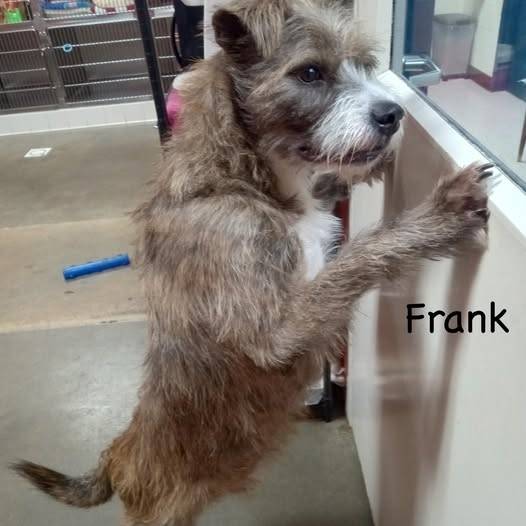With temps in the 20s and nearly 12 inches of snow on the ground, I decided to order a new wetsuit. Thinking about jumping into the ocean in the new suit, with water temps in the 50s, I came across Claire Salinda’s essay “I have Lived the Most Beautiful Lives and Died the Most Beautiful Deaths” in the LA Times. She explained so much about the older surfer–the fear, joy, love, fear, and complex emotions of being in the ocean.
Salinda’s essay explores how surfing embodies the cycle of life and death. Each wave offers surfers a chance to embrace a new life while confronting mortality. The act of riding waves becomes a metaphor for living multiple lives and experiencing numerous symbolic deaths.
Surfers repeatedly engage with this cycle in the water, developing resilience. They emerge from one wave only to drop into another, despite knowing the risks—because the possibility of success makes vulnerability worthwhile, whether facing a wave or a first kiss.
With age comes increasing fear. Salinda reflects on recently hesitating to take a wave—a departure from her younger approach. Through this lens, she examines how engaging with fear enriches existence.
Youth provides a recklessness that comes from viewing death as distant, until you recognize how many metaphorical deaths you’ve survived. Thad Ziolkowski describes surfing as both addiction and medicine, comparing his decision to surf after 9/11 to attending church—a spiritual remedy amid catastrophe.
Every wipeout, held breath, or mundane failure represents a small death for surfers. Yet they persist, as if the ocean serves as both sin and salvation.
Surfing demands considerable effort for fleeting rewards. In Los Angeles, it means navigating crowded breaks, often without success due to crowds, changing conditions, or equipment choices. The few seconds on a wave require overriding your brain’s caution, momentarily recapturing youth’s sense of immortality.
Surfers spend most of their time waiting, facing the horizon where waves originate—essentially staring at the edge of the world in anticipation of what comes next.
Salinda concludes by reflecting not just on surfing, but on heartbreaks, COVID, lost connections—all the times her world has ended. Between those endings, she found life at its most beautiful. Then, she paddled again.




"Building Department: Schedules and conducts physical inspections to ensure the property meets safety standards, occupancy limits, and applicable building codes."…
Renewable Energy? Sounds like a liberal wet dream. Drill Baby, Drill!
You are as crazy as a bed bug in June.
Awe now you're asking nicely, I think you're secretly crushing on me and it's messing with your head big time.…
I'd like to see the costs for the increases in renewable energy.